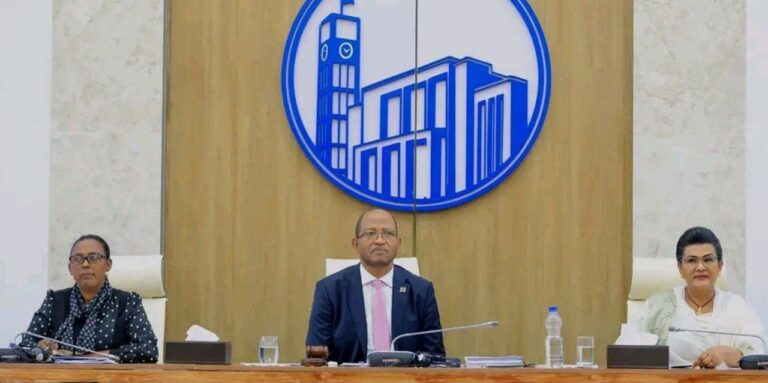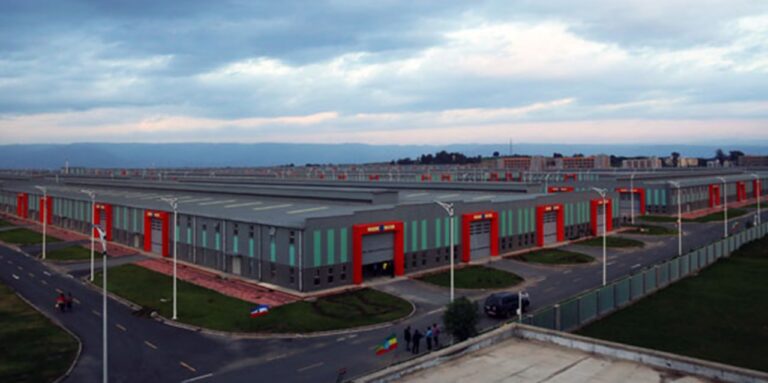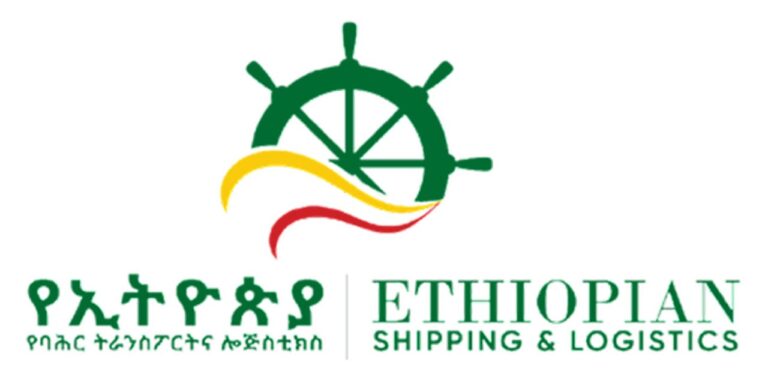Ethiopia’s ambitious water supply projects have incurred billions of birr in additional costs due to critical design deficiencies and poor planning, according to a recent report by the Office of the Federal Auditor General (AG). The findings were presented during the 39th regular session of the House of People’s Representatives, shedding light on significant inefficiencies in major drinking water initiatives.
The report focused on drinking water projects in Gidole, Mojo, and Dongora, which aimed to improve access to clean water for local communities. However, these projects were launched without comprehensive pre-feasibility and detailed feasibility studies, which should have included financial, economic, social, technical, and environmental impact assessments. The absence of such studies contributed to unexpected delays, cost overruns, and operational challenges.
The Gidole drinking water project alone experienced substantial cost escalations. Delays in pipeline supplies and welding material clearance at the port extended storage durations by 257 days, resulting in container and warehouse rental fees exceeding 11.49 million birr. Moreover, significant design improvements during construction created a 72% cost gap, adding more than 25.67 million birr and over $251,000 beyond the original budget.
The report also highlighted poor site selection for water reservoirs, which led to landslide risks and difficult access. Additionally, the main pressure line design failed to account for the region’s frequent landslides, jeopardizing infrastructure stability.
Similarly, the Mojo project suffered from an ineffective water source, rendering the investment futile. In Dongora, the original water source was contaminated and failed to meet drinking water standards set by the World Health Organization and Ethiopian Water Quality Authorities, resulting in unusable water and a loss of 16.90 million birr.
The Auditor General’s report also revealed that government institutions left approximately 14.49 billion birr unused in the 2023/24 fiscal year. This unspent budget, representing over 10% of allocated funds, was spread across 115 public institutions. The Ministry of Agriculture accounted for the largest share, with 7.81 billion birr unutilized, followed by the Customs Commission with over 573 million birr.
The Auditor General urged stricter oversight and improved budget planning to ensure efficient use of the country’s limited financial resources. The report recommended enhanced monitoring to identify unspent funds early and reallocate them to ministries facing budget shortfalls.
These findings align with broader research on water infrastructure challenges in Ethiopia. Studies show that design errors, inadequate feasibility assessments, and poor maintenance are major contributors to cost overruns and project delays in water and irrigation schemes nationwide. Experts emphasize the need for thorough planning, realistic budgeting, and sustainable maintenance strategies to improve project outcomes and ensure long-term water security.
The Federal Auditor General’s report underscores the urgent need for improved project design, rigorous feasibility studies, and effective budget management in Ethiopia’s water sector. Addressing these issues is critical to maximizing the impact of investments aimed at expanding access to clean and reliable water, a cornerstone for public health and economic development.






